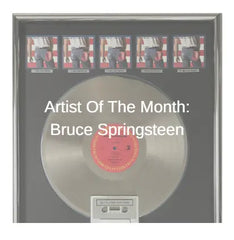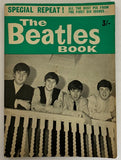
The Beatles Book was a series of magazines about the Beatles that was published from 1963 through 2003, which some interruptions along the way. The magazines contained photos and stories of the group from its earliest days and helped drive the mania that surrounded the Beatles as their popularity grew.
The publication was founded in 1963 by Sean O'Mahony (1932-2020), who had worked in the music business since the 1950s after first running a coffee bar. By the early 1960s he had become the advertising manager at Pop Weekly, which was a magazine published by Robert Stigwood (who later went on to sign the Bee Gees and launch record label RSO). It was through this magazine that O'Mahony would meet Beatles manager Brian Epstein.
In 1962, O'Mahony would launch his own magazine, Beat Monthly (later Beat Instrumental), in which he started featuring the Beatles on covers in early 1963 after hearing the Beatles hit "Please, Please Me". Following this he asked Epstein if he could create a magazine solely dedicated to the Beatles. Epstein and the group agreed and The Beatles Book was born.
O'Mahony edited the fanzine under the pseudonym Johnny Dean and printed 40,000 copies of the first issue (some sources say that 80,000 copies of No. 1 were printed), designated as "No. 1" and dated August 1963. It sold quickly (for "one shilling and sixpence"-- about U.S. $2.60 today) and with that success he put out 77 more editions of The Beatles Book (also sometimes called Beatles Monthly) from 1963 until its final issue in December 1969.
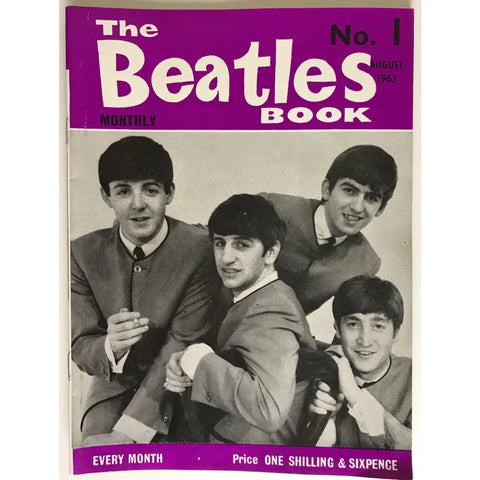
Leslie Bryce was the magazine’s photographer and he had unparalleled access to the group throughout the 1960s, taking thousands of fantastic photographs of the Beatles exploits around the world.
To add to the publication's cache, Beatles then-roadies/staff Neil Aspinall and Mal Evans wrote many of the articles. Artist Bob Gibson contributed cartoons and caricatures for the magazine and he would go on to create cartoons for the Beatles' 1967 Magical Mystery Tour EP-set and US-album booklet.
As the publication grew in popularity, up to 300,000 copies of each issue were printed to keep up with demand.
Exclusive Beatles merchandise was often advertised as well. Here's an example of a "Beatles badge" being advertised in issue no. 8 from March 1964:
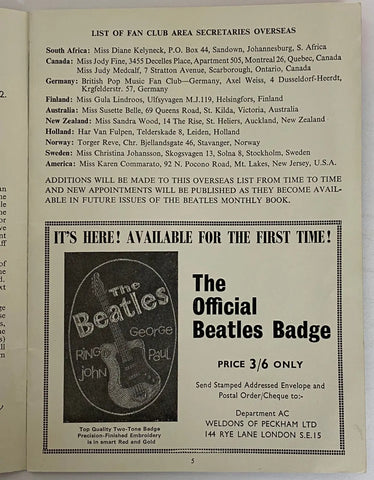
This first run of 77 editions would end in 1969, but with continued world interest in the group, O'Mahony decided to resume publication anew in May 1976.
After this seven year break, he started by republishing all 77 of the original 1960s issues with 8 added outer pages (later 16) of the latest Beatles news and content. This run was completed in Sept. of 1982.
Here's an example from July 1976. Note that the original "Vol. 3" is included with added headlines and the subtitle "Appreciation Society Magazine":
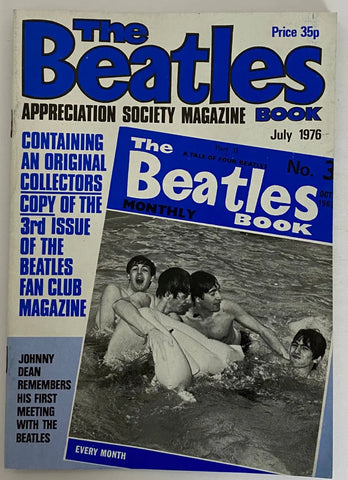
After this run of reissues with additional content, there was a resurgence of interest in the Beatles due to the 20th anniversary of the release of the Fab Four's debut single "Love Me Do".
As a result, O'Mahony opted to continue the publication on with all new content and news about the Beatles throughout the 1980s all the way up until 2003 (issue 321) at which time publication ceased due to his retirement. With the rights to hundreds of historical photos of the group, there was plenty of material to create new content with. Here's an issue from May 1984:
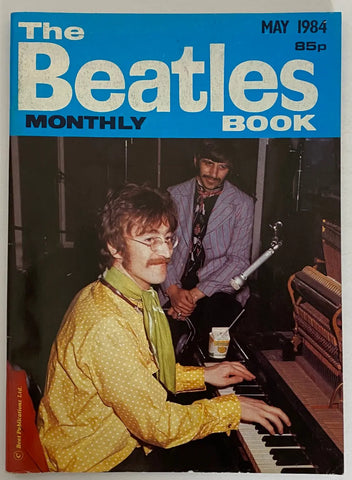
The Beatles Book magazines have become very collectible and a fan favorite with hugely entertaining and historical photos, articles and content not found anywhere else.
When collecting, it is worth keeping in mind a few basics:
Like most collectibles, the oldest, which in this case is the first era of 77 issues dated from 1963-69, have the most value. Here's an example:
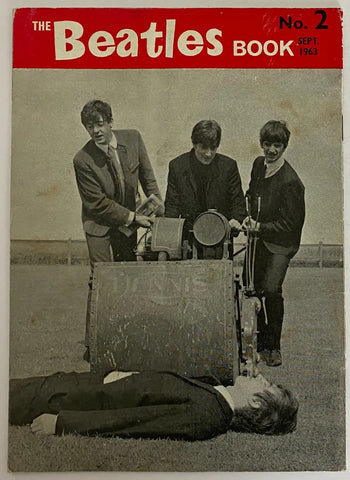
The second era, published from 1976-1982, are the second most valuable, since they were "reissues" of the 77 original 1960s magazine, running from May 1976 through Sept. 1982. They are easily identified by the 60s cover appearing offset on the cover and have the subtitle "Appreciation Society Magazine". Here's an example:
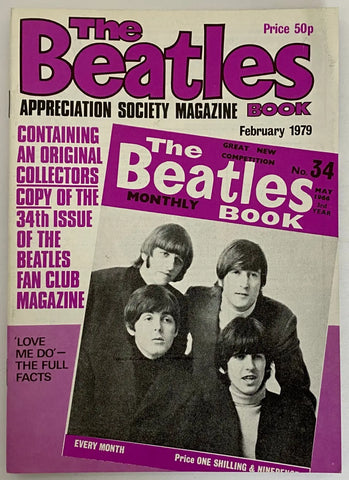
The last era, published from Oct. 1982 through 2003 are the most recent but have the advantage of containing all new content current to the time, and of course to some extent repeat some historical content as well. Here's an example:
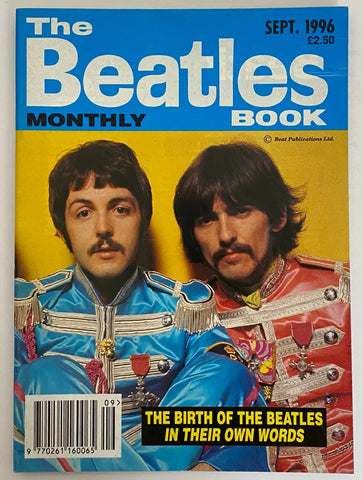
While the oldest may be the most valuable given their relative scarcity, all the issues are Fab Four time capsules worth enjoying for their photos, articles and the broad variety of Beatles merch advertised in each issue. If you're a Beatle fan and have not checked out one of these magazines, you're in for a treat.
Check out our selection of original Beatles Books here. If you're looking for a specific issue and can't find it in our item listings we can try and locate it for you. Just email us at support@musicgoldmine.com with your request.
Want more content like this? Subscribe to our free MusicGoldmine newsletter which comes out every two weeks. Go here to sign up.


